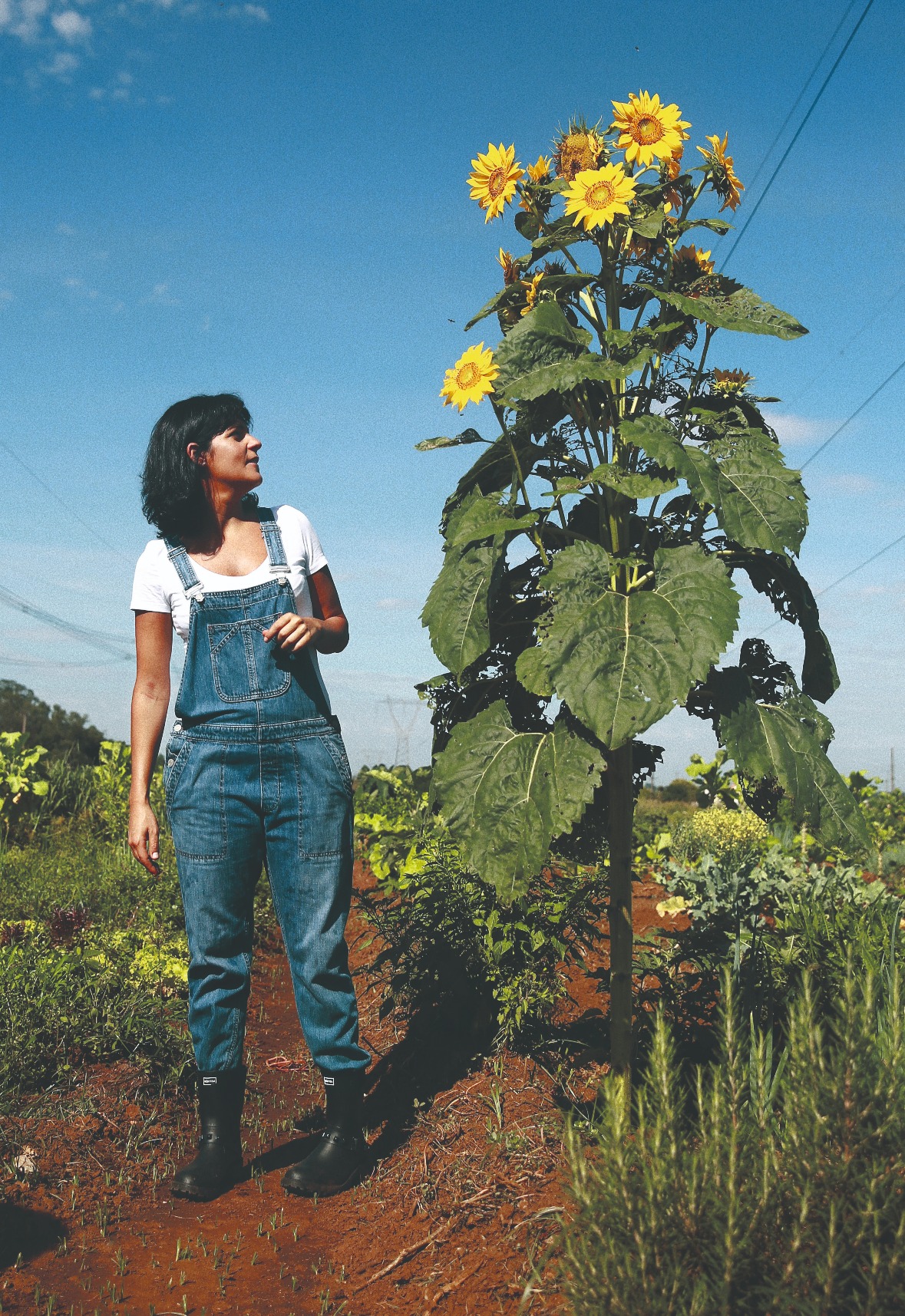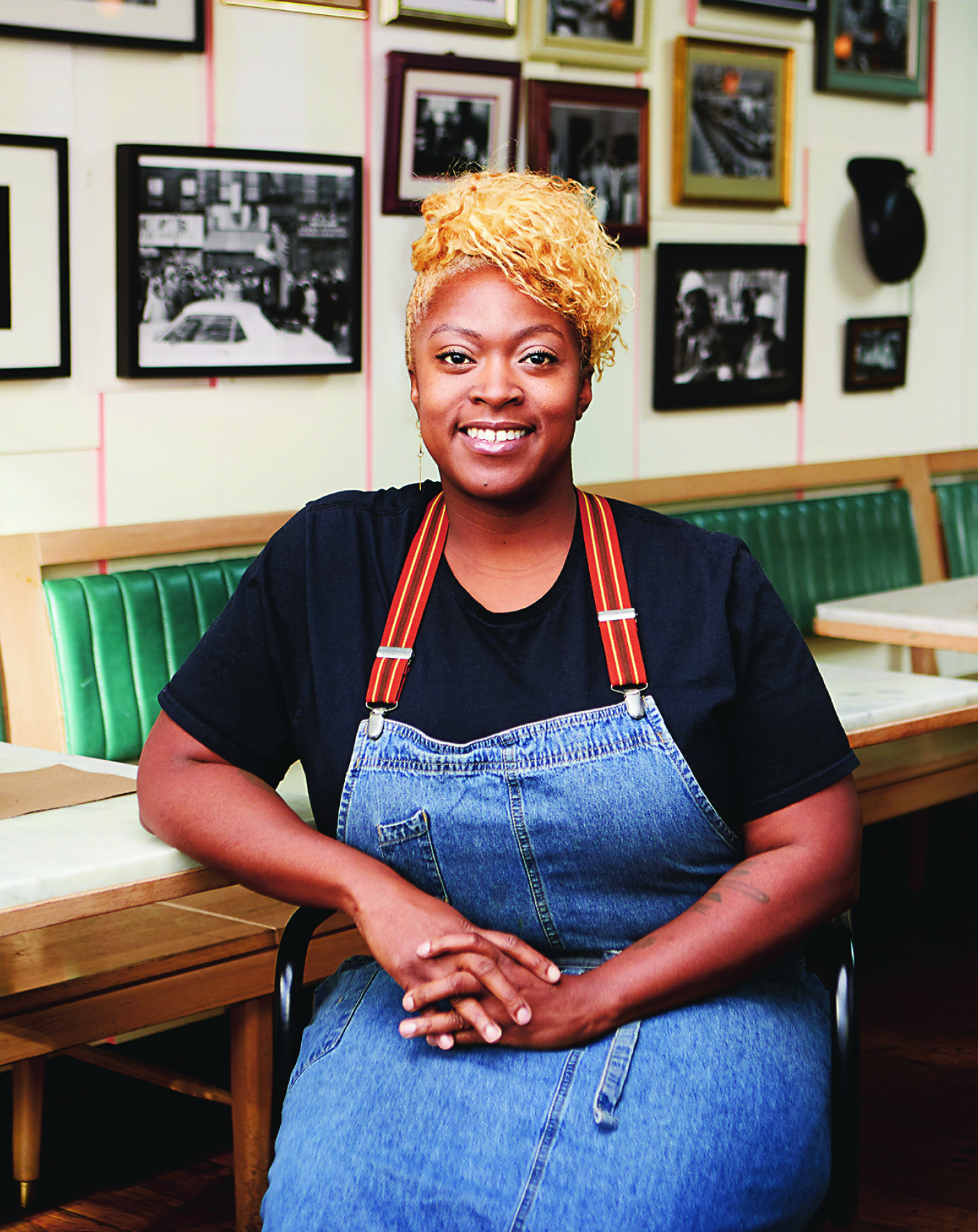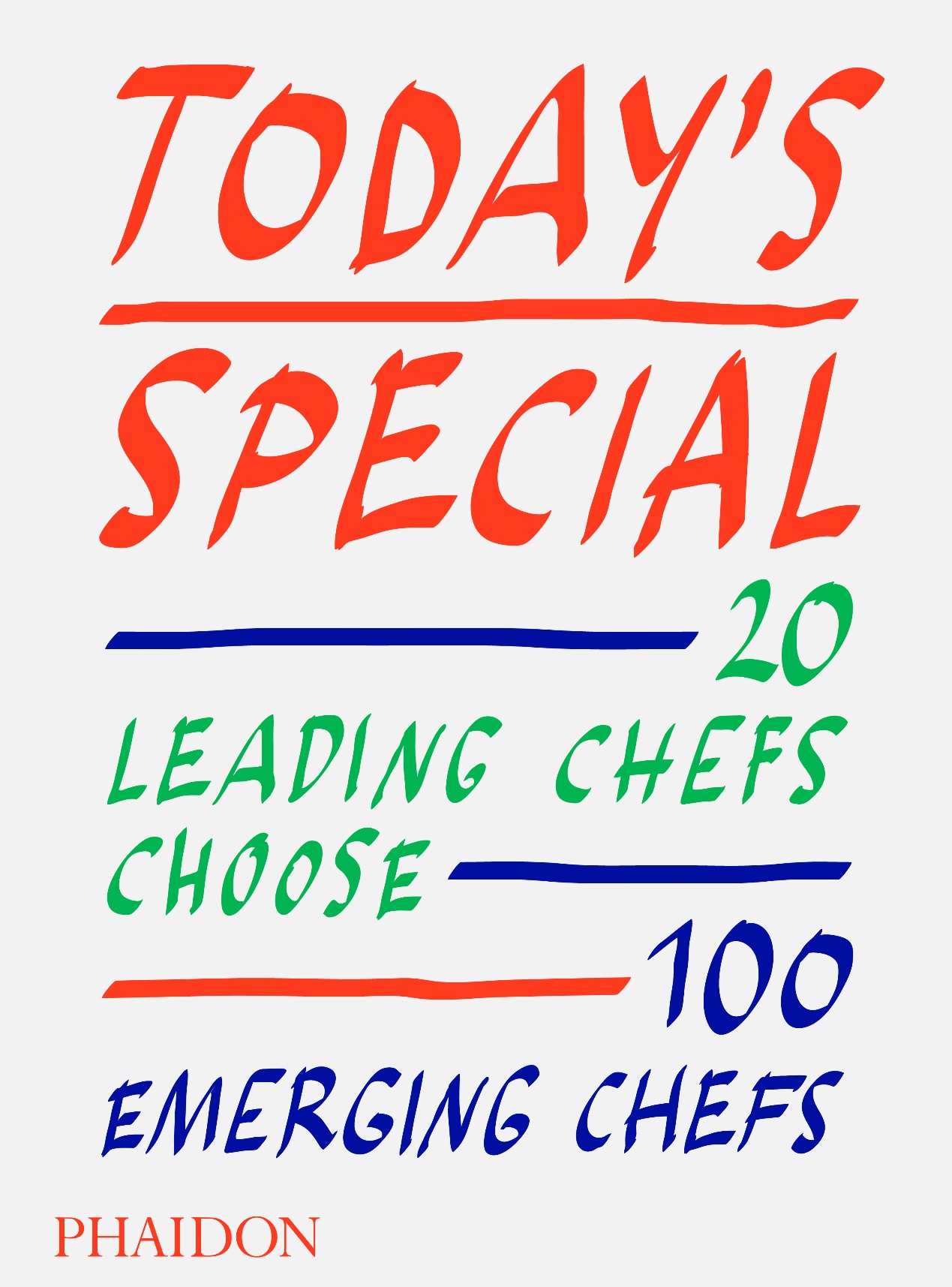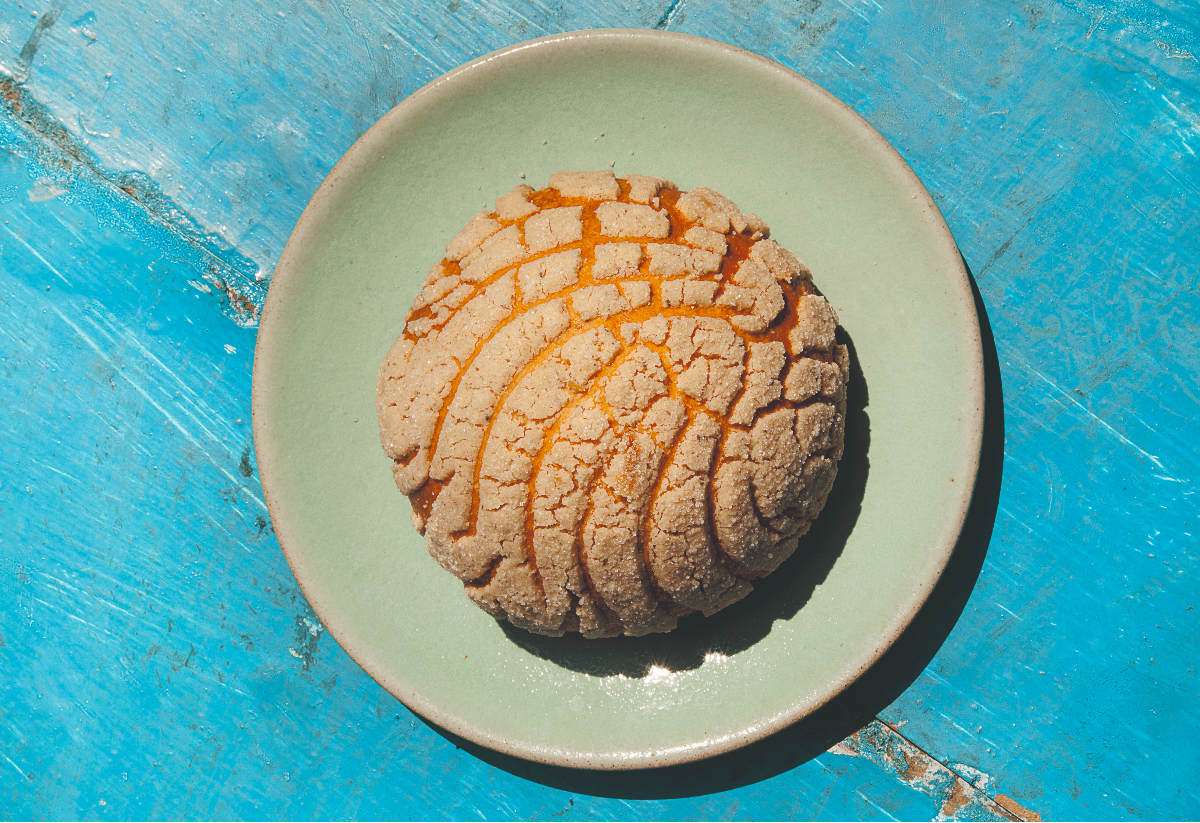The ongoing pandemic has meant canceled trips, halted travel plans and extensive time spent at home. It’s a time of confusion and frustration, and a time in which humans have tried to find renewed value in the comforts of home and the possibilities that exist within the confines of an unexpected lockdown.
It’s perhaps no better time for the release of “Today’s Special: 20 Leading Chefs Choose 100 Emerging Chefs,” a new book that leans on the knowledge of 10 leading chefs to highlight 100 emerging chefs from around the world and the vast, ever-expanding world of dining. Though developed and printed during a world that had yet be introduced to the painful realities of COVID-19, the book — which highlights chefs and their ingenuity across race, class, gender and orientation — has perhaps never been so timely, both for a world desperate to create travel experiences in the kitchen and a world reckoning for racial inequity that has plagued every industry — including food and travel.
“‘Today’s Special’ is a landscape of what is happening around the world,'” Phaidon publisher Emilia Terragni told me. “It doesn’t mean that these are the only 100 people who are interesting, but it’s really a way to look at what the younger generations are doing and what their approach is to gastronomy.”
Bringing the street food stalls and restaurants of Vietnam’s bustling neighborhoods, the diverse landscape of Houston’s dining community and the ancient traditions of Spanish cooking to bookshelves around the world, “Today’s Special” reminds lockdowned travelers of the joy and comfort that can still be found through food, as well as the delights that await hungry tourists in a newly opened world. Highlighting chefs from nearly every continent, the book explores the pivotal moments of culinary careers and the menus that have helped each chef’s restaurant become an essential component of their communities.
“We wanted to diversify the breadth of the book,” Terragni said. “We were very careful to choose 10 men and 10 women so we could have diversity in terms of gender and geographically spread.”
Phaidon’s 2010 predecessor, “Coco” aptly predicted the illustrious careers of then-emerging chefs like David Chang and Amaryll Schwertner. A product of the times, the book predominantly highlighted male and white chefs. “Today’s Special,” however, predicts a world in which women and chefs of color are both leaders and creators of the modern table. With selections from global culinary leaders like Selassie Atadika, José Andrés, Yotam Ottolenghi, Marcus Samuelsson and Margot Henderson, the book brings Mexican chef Luis Orellano’s huachinango empapelado (banana leaf-steamed red snapper); Italian chef Antonia Klugmann’s white turnip and quince; and Vietnamese chef Thi Le’s duck, rhubarb and leek kimchi to the table.
Paired with stories about the chefs’ restaurants and personal backgrounds, the book provides a culinary journey throughout the world by way of the chefs who are redefining the bounds of modern gastronomy. Featured chef Manoella “Manu” Buffara views it as an opportunity to highlight a lesser-known part of southern Brazil and offers a tempting invitation through her recipe for octopus, shiso and avocado.

Manoella Buffara, “Manu,” in Curitiba, Brasil. (Photo courtesy Henrique Schmeil/Phaidon)
“People, of course, come here and travel to eat,” Buffara said. “And it’s really important to be a part of something that helps us share how we live and how we eat and encourages people to come and visit us when they can.”
Across the ocean in Lagos, Nigeria, gifted chef Michael Elégbèdé shares his recipe for boli ati epa (roasted plantain with orange segments, peanut crumble and a peanut vinaigrette) — and his vision for the future of Nigerian cuisine.
“When people see our food, just like any other chef in the cultural space, the food becomes a gateway to a better understanding of who we are, our flavor profiles and our identity, because food is the core of an identity,” Elégbèdé said. “I want people to have an inquisitive mind. I want people to begin asking questions, ‘What is the heart of the meal? What are the spices that are used in our food?’ I want to trigger excitement. I want to trigger curiosity. In this feature for the book, I wanted to create more awareness that allows people to ask more questions about what it means to experience Nigerian and African food.”
Though Phaidon’s decadent recipes and immaculate visuals provide a welcome escape to destinations that travelers are eager to visit again, it also illuminates complex realities about how COVID-19 has altered, and in many cases, decimated parts of the restaurant community.
Suzanne Barr, the former head chef of True True Diner and a leading voice for marginalized restaurant workers and developing equitable practices in the restaurant industry, continues to bring her imaginative skill to Afro-Caribbean food in Canada — highlighted through her recipe for tender sweet and sour beef back ribs and oxtail — while also reflecting on the role True True Diner played in her Toronto community.

Chef Suzanna Barr. (Photo courtesy Phaidon)
“Our food has either been misunderstood or cheapened by folks just assuming that it’s one way — and that’s the only way — that it can be appreciated,” Barr said. “I really hope people take this book away and understand that the amount of talent and the amount of work that we as chefs do. We work collectively with incredibly talented individuals who make up these dining experiences, and we want you to remember that where you’re thinking of where to purchase your next meal and who to support.”
Barr is featured alongside True True Diner in the book, her former beloved restaurant in Toronto. However, like many restaurants around the world, especially those owned by women and people of color, True True Diner was forced to close during the pandemic (and after the book had already been finalized). Citing white privilege on behalf of former business partners and a lack of opportunities to save the restaurant, Barr is focused on healing after the restaurant’s closing, and she’s reflecting on the important role that True True Diner — and her own leadership — played in the Canadian dining community.
“We did impact — and we will continue to impact — the city through our food, through the messages that we were able to share and offer up,” Barr said. “We changed lives, we opened up doors, we opened up opportunities to young BIPOC students and individuals that were newcomers to this country by giving them their first job in the industry, by teaching, by sharing, by doing the work that I believe is some of the most important work for this industry in order to see it turn a corner. And, yes, I am proud to say that that’s what we were able to do. So if this book represents the memory of what we had started, then I’m OK with it.”
Expansive in scope, “Today’s Special” aims to capture a snapshot of what the future of dining around the world will look like. Comfort hasn’t exactly been at the forefront for many of us this past year, and the uncertain future ahead hasn’t been capturing comfort any easier. And yet, while our world is complicated, food has been one of the places in which many of us have found solace.
Through my exploration of “Today’s Special,” however, I don’t simply find comfort through the global recipes featured. I find comfort in the diversity of the chefs featured — and the freedom with which they are able to share their identities, stories and hopes through food. I hope to explore this comfort and food diversity in my new column here at Salon. Despite an ongoing pandemic and a restaurant world that’s forever changed, it’s clear that whatever the future of food holds, women and chefs of color will be leading the way, a comforting revelation indeed.

“Today’s Special” cover. (Photo courtesy Phaidon)
***
Elena Reygadas of Rosetta in Mexico City has brought a fresh, contemporary approach to Mexican cuisine. With a global resume and roots in Mexico City, her restaurant has reclaimed the beauty and possibility of Mexican ingredients, and demonstrates a cuisine that’s truly limitless. Her recipe for concha, a Mexican sweet bread, provides comfort, sweetness, and beauty.
Recipe: Concha
Makes 4 conchas
For the vanilla crust:
- 10 g all-purpose (plain) flour
- 10 g vegetable shortening
- 5 g sugar glass
- 5 g sugar
- 0.5 g baking powder
- Pinch of salt
- Seeds from 1/2 vanilla bean
For the conchas:
- 4 g fresh yeast
- 15 g whole milk
- 180 g wheat flour
- 25 g sugar
- 1 g fine sea salt
- 45 g eggs
- 40 g butter
- Egg wash
Make the vanilla crust:
- In a bowl, combine all of the ingredients and beat with an electric mixer at a low speed until well blended. Don’t overmix. Once the mixture is uniform, let stand at room temperature while you make the conchas.
Make the conchas:
- Dissolve the yeast in the milk. In a large bowl, combine the flour, dissolved yeast, sugar, salt, eggs, and butter and mix with your hands, making small circles. Once everything has blended together, knead the dough, lightly striking it against the surface until it becomes smooth and elastic.
- Place the dough in a covered container and let it sit at room temperature for 10 minutes. Divide the dough into 4 pieces and shape each into a ball.
- Divide the vanilla crust into 4 portions; they should be about 20 g. Form each portion into a ball and then use your palm to flatten it into a disk large enough to cover one of the dough balls.
- Glaze each ball of dough with egg and cover with a disk of vanilla crust. Press a shell-pattern mold into the crust or make the traditional pattern with a knife. Dip each concha in sugar and place on a baking sheet. Cover the conchas with a lightly floured cloth and let sit at room temperature for 1 1/2–2 hours, preferably in a humid environment between 70–75°F (20–25°C).
- Preheat the oven to 350°F (175°C). Bake the conchas for 18 minutes.
This recipe has been reprinted by permission from Phaidon. Like it as much as we do? Click here to purchase a copy of “Today’s Special: 20 Leading Chefs Choose 100 Emerging Chefs.”

